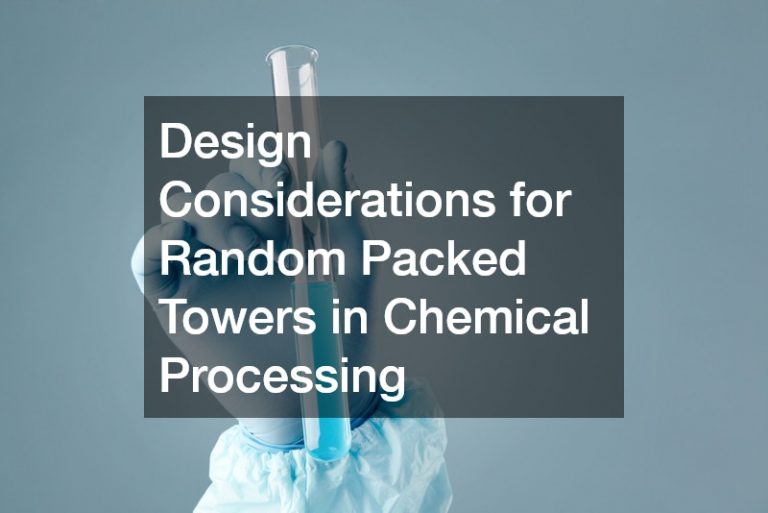
People working in pharmaceuticals have witnessed how the industry has undergone significant transformations over the past couple of years. Due to various reasons, the whole healthcare sector has also improved due to numerous advancements made in recent years. Individuals with health insurance coverage have also increased considerably, suggesting that more citizens are now receiving medical care.
Moreover, the healthcare industry – including pharmaceuticals – has been significantly affected by the continued development of medications that help extend people’s lives. Even though the innovation has been ongoing at a slow pace, you can still see its impact during the last few years. But certain legislations pose the greatest change risk, whether for better or worse, to the industry.
Proposed and Recently Passed Pharmaceutical Laws
The laws involved in pharmaceuticals may seem complicated and confusing to people not working in the industry. But for anyone who works in the sector, keeping up with all related developments and legislation is more than just common sense. Additionally, it assists in avoiding civil rights issues, expensive dispute resolution, and commercial litigation procedures.
BLOCKING Act
The BLOCKING Act of 2019 is a legislative act that seeks to improve the procedure involved in approving generic medications. BLOCKING stands for Bringing Low-Cost Options and Competition while Keeping Incentives for New Generics. It’s important to note, though, that Congress is still currently debating on this bill.
But if it gets approved, this Act will help establish benchmarks and immediately begin the 180-day term.
Drug Take Back Act
Passed into law and signed in June 2018 by New York Governor Andrew Cuomo, the New York State Drug Take Back Act, or DTB, rules that pharmaceuticals should fund, set up, and manage programs to safely dispose of and collect unused drugs. The state-wide project was developed to address the social challenges brought on by improperly disposing of unused medications.
All New York State pharmacy stores that have ten or more outlets must partake in these drug take-back programs. And apart from them, even pharmacies located outside the state but sell medications to residents of the state of New York are also obliged to take part in these free public programs. Additionally, pharmaceutical distributors who sell in New York state to the Department of Health must provide a list of the companies that make these medicines.
Hatch-Waxman Integrity Act of 2019
The Drug Price Competition and Patent Term Restoration Act, also known as the Hatch-Waxman Act and enacted in 1984, is proposed to be updated and improved by this law. The legislation is mainly credited with spurring a boom in the production of generic medications in the 1980s. It also involves establishing a regulation and approval framework that is still in place today.
American Patients First
One of the most significant public laws affecting the pharmaceutical industry today is the American Patients First, unveiled in May 2018. Its objectives include:
- Reduced out-of-pocket costs: This can be achieved by informing patients about cheaper solutions and alternative medications.
- Improved negotiations: Value-based purchasing initiatives, a redesigned Medicare Part D, as well as Medicare’s Competitive Acquisition Program, can help achieve this goal.
- Promote reduced prices: Manufacturers would be required to include accurate list prices in their advertisements. Medicare will also be encouraged to promote transparency regarding its pricing.
- Encourage competition: By preventing price hikes for both Medicaid and ACA, as well as encouraging manufacturer innovations, it can help promote competition. Additionally, ending manufacturer gaming of processes involved in drug regulations can also help accomplish it.
When it comes to the pharmaceutical regulatory environment in the United States, it is predicted that the American Patients First initiative will have a relatively substantial impact.
CREATES Act
The CREATES Act has been circling since 2016 but has not yet been adopted by Congress. The kind of constraints outlined in this measure will probably be a major issue for pharmaceutical companies to deal with in the near future.
Safeguard Your Pharmaceutical Company from Bankruptcy
You can modify your company’s activities so that you don’t ever have to face a sudden lawsuit or complex civil litigation. Professionals with experience in lawsuits involving pharmaceutical products, like Judge W. Royal Furgeson, can help protect your business. While these kinds of risks are normal in the business world regardless of the industry, it would still be better for you to understand all these laws.



